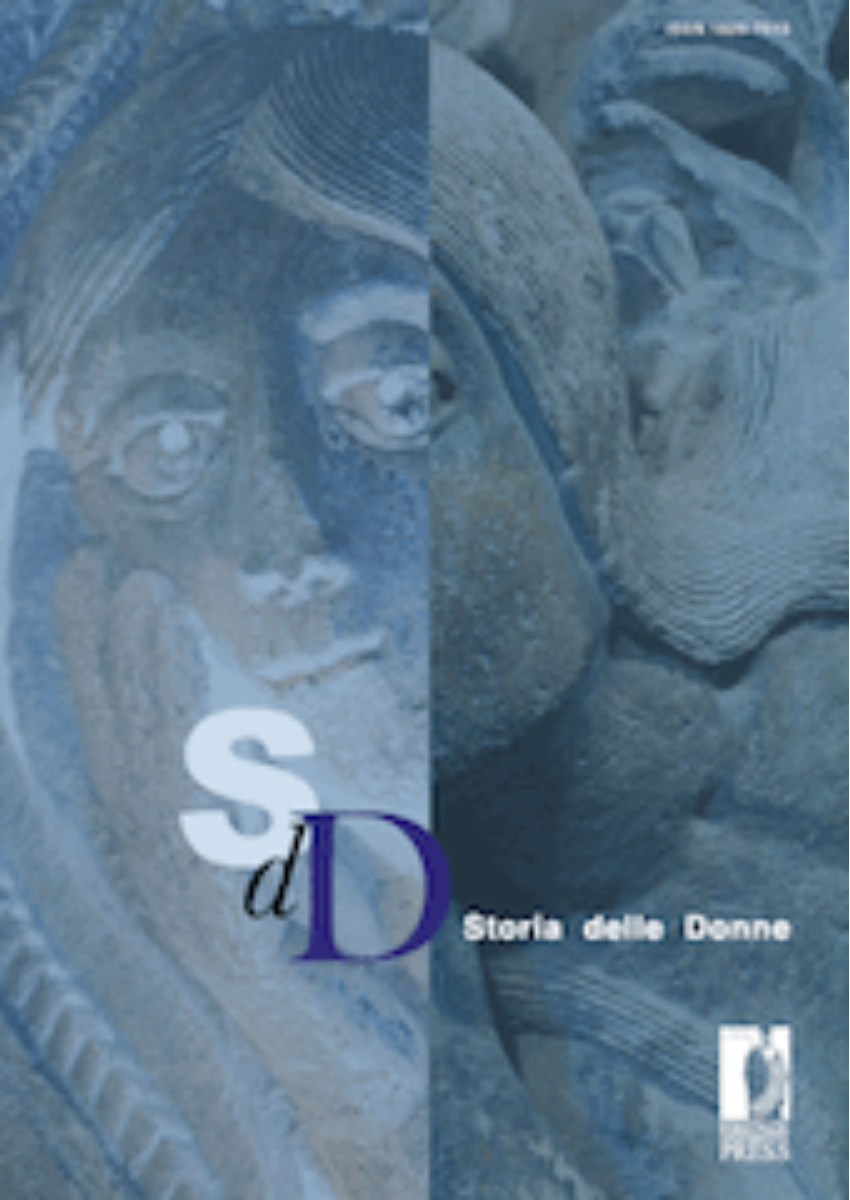...e passato
Le donne e lo studio della Torà in epoca tardo-antica: genesi e nemesi di un’esclusione
Published 2012-12-27
Keywords
- Giudaismo rabbinico,
- Torà scritta e Torà orale,
- Talmud,
- Donne nell’ebraismo,
- Donne e studio
- Femminismo ebraico ortodosso,
- Rabbinical Judaism,
- Written and Oral Law,
- Torah study,
- Talmudic study,
- Women in Judaism,
- Women’s study ...More
How to Cite
Ventura Avanzinelli, M. (2012). Le donne e lo studio della Torà in epoca tardo-antica: genesi e nemesi di un’esclusione. Storia Delle Donne, 8(1), 127–144. https://doi.org/10.13128/SDD-11894


